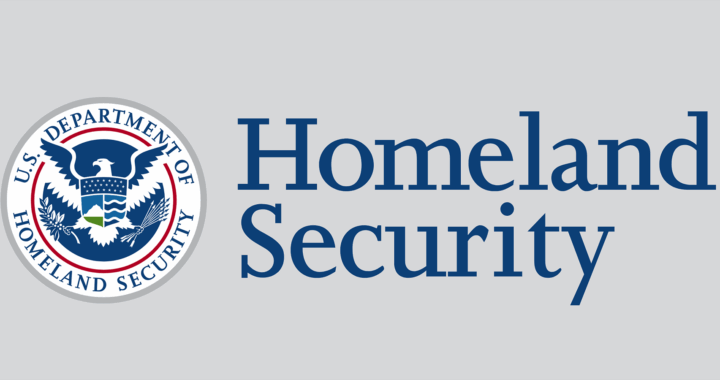The second Trump administration has officially reversed a previous policy that tied federal disaster preparedness funding to the positions of recipients on boycotting Israeli companies. The reversal, announced on 4 August 2025 by the Department of Homeland Security, removes language that conditioned access to billions of dollars in grants on rejecting boycotts connected to the ongoing BDS movement targeting Israel-linked companies.
Note that the initial requirement affected approximately USD 1.9 billion in Federal Emergency Management Agency grants. These funds support critical measures, including emergency manager salaries, the procurement of rescue equipment, and the installation of backup power systems. By removing the political condition, the department affirmed that disaster relief allocations will continue following established law and policy, rather than ideological tests.
The former pledge specifically targeted the Boycott, Divestment, and Sanctions movement, which urges economic pressure on Israel over its control of Palestinian territories. It required grant recipients to certify that they would not sever commercial relations with Israeli companies. This policy was widely interpreted as aligning federal disaster relief with foreign policy positions concerning Israel and the Palestinian conflict.
Homeland Security spokeswoman Tricia McLaughlin clarified that FEMA grants remain guided by statutory frameworks, not political requirements. Following this statement, the contentious language was deleted from official grant terms and removed from the agency website. The decision signals a shift from previous administrative priorities that attempted to intertwine domestic disaster funding with international political issues involving the Middle East.
Despite its symbolic nature, the earlier pledge faced criticism from advocacy groups supporting the BDS movement, which called the policy shameful. Pro-Israel organizations, including the American Jewish Committee, praised the measure as a stand against economic boycotts targeting Israeli and Israeli-linked companies. The reversal highlights ongoing divisions in the United States over policy approaches to Israel and Palestine.
The initial funding condition coincided with broader trends among U.S. states, as at least 34 states already maintain anti-boycott laws or policies. Critics argued that the federal requirement offered little practical effect beyond symbolism, given these state-level restrictions. Nonetheless, the inclusion in disaster grants drew controversy because of the traditionally nonpolitical nature of emergency management and relief funding programs.
In addition to this now-reversed policy, the second Trump administration had previously announced separate conditions for terrorism-prevention grants, requiring some funds to be directed toward assisting in migrant arrests. That earlier decision, also involving FEMA allocations, reflected a broader pattern of linking grant eligibility to specific political priorities, raising further debate about the neutrality of federal assistance programs.
Major urban centers, including New York City, were particularly affected by the original pledge. The city was slated to receive over ninety-two million dollars from terrorism-prevention grants, representing the largest single allocation based on assessed risks. Other jurisdictions similarly faced choices over affirming the pledge to secure disaster preparedness resources, illustrating the broad reach of the federal funding conditions.
FURTHER READING AND REFERENCE
- United States Department of Homeland Security. n.d. “DHS Standard Terms and Conditions.” United States Department of Homeland Security. Available online
